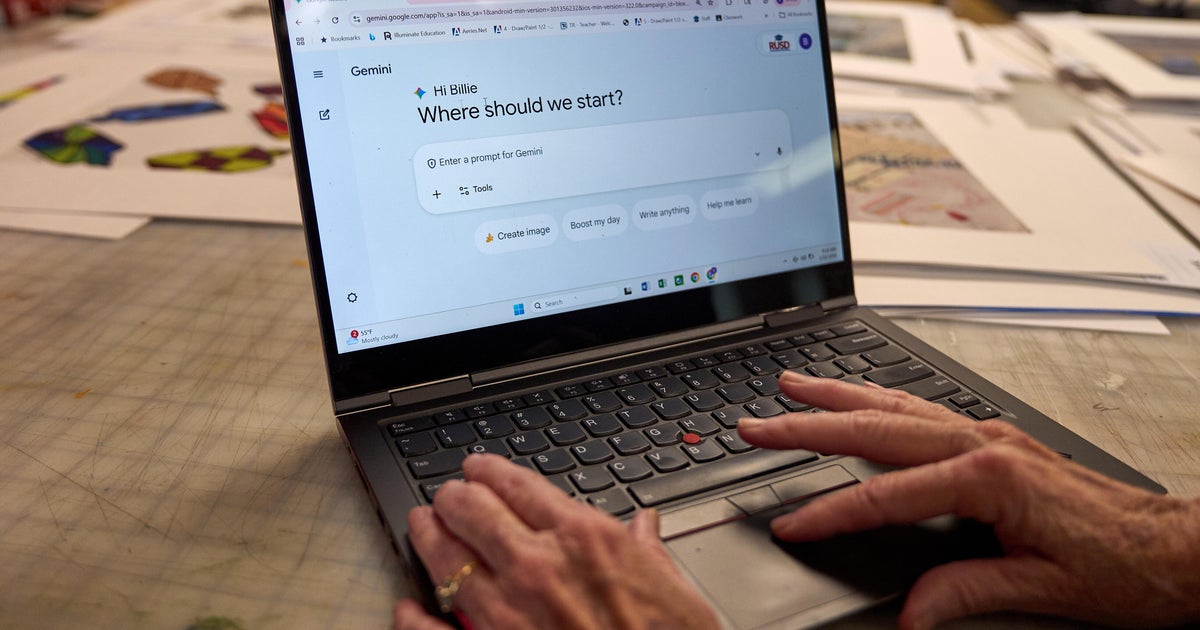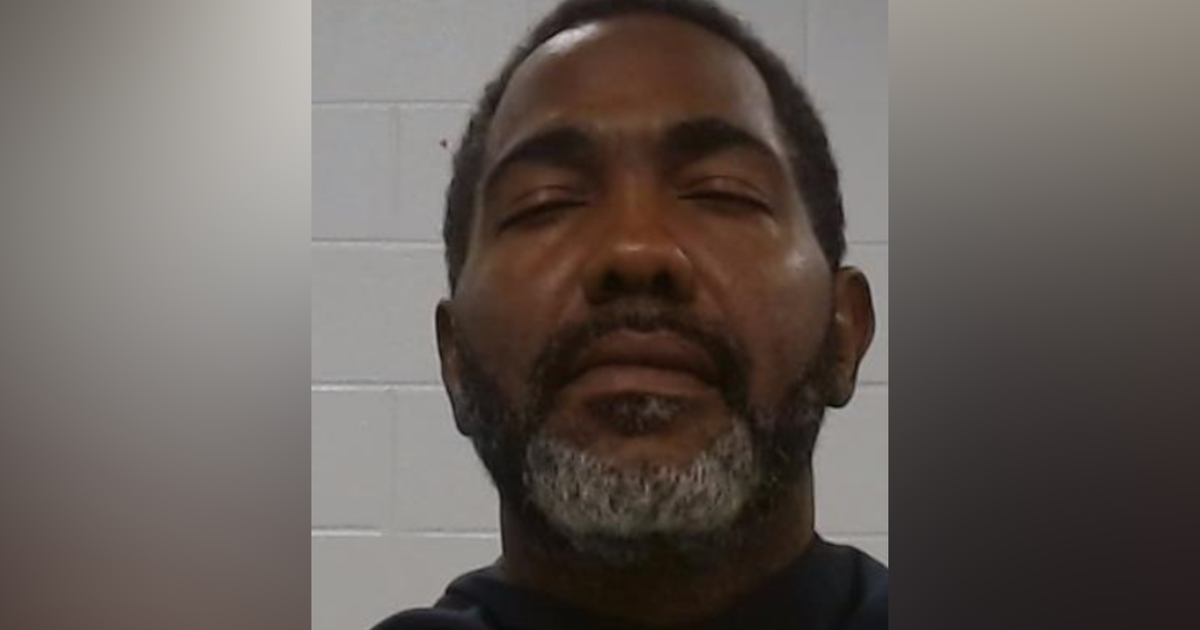Role Models Are Necessity In Chicago Jail School System
Behavioral specialists walk the line between psychology, counseling and education. Whereas some educators choose traditional classrooms to teach students, a behavioral specialist can work in a variety of locations, including a jail environment, schools or clinics.
According to the Illinois Department of Juvenile Justice (IDJJ), 50 percent of admission into IDJJ are for parole violations. However, between 2000 and 2013, court admissions into IDJJ dropped over 50 percent as well. But while youth are there, specialists are responsible for the education of anyone under the age of 21 who has not earned a high school diploma or GED.
Karen January, an author and behavioral specialist, is one of many professionals who chose to educate these students.
What are the top three things you do on a daily basis?
"1. Conduct behavioral assessments for high school students with special needs. 2. Develop educational behavioral goals and provide intervention plans for juvenile detainees. 3. Participate and collaborate in meetings with teachers, social workers, psychologists, parents and students to discuss student progress or change accommodations."
What degree(s) do you currently hold?
"My formal education began with a bachelor's degree in Education from Chicago State University. I majored in Special Education and minored in Psychology. I continued on at CSU and earned a master's degree in Counseling and Guidance. I started a program in Educational Leadership at Northern Illinois University and completed my Doctorate at Argosy University."
How did you initially get started in the educational industry?
"When I was in high school I worked summers in a camp for special needs children. The time I spent interacting with them as a teacher's assistant sparked my interest to work with kids."
What classes do you feel students in your career field are overlooking?
"In order to meet the growing population of students with disabilities, additional courses in Special Education should be taken. I would also recommend a course in Educational Psychology, which involves the study of how people learn."
Fill in the blank. If you don't like _________, you're going to have a difficult time in my career field.
"Children. Whether you accept it or not, as a teacher, you are a role model. You are the one who will inspire and encourage our children to excellence. Without that commitment to this vision you will not be able to influence, advise or guide our youth."
Shamontiel L. Vaughn is a professional journalist who has work featured in AXS, Yahoo!, Chicago Defender and Chicago Tribune. She's been an Examiner since 2009 and currently writes about 10 categories on Examiner.com.







